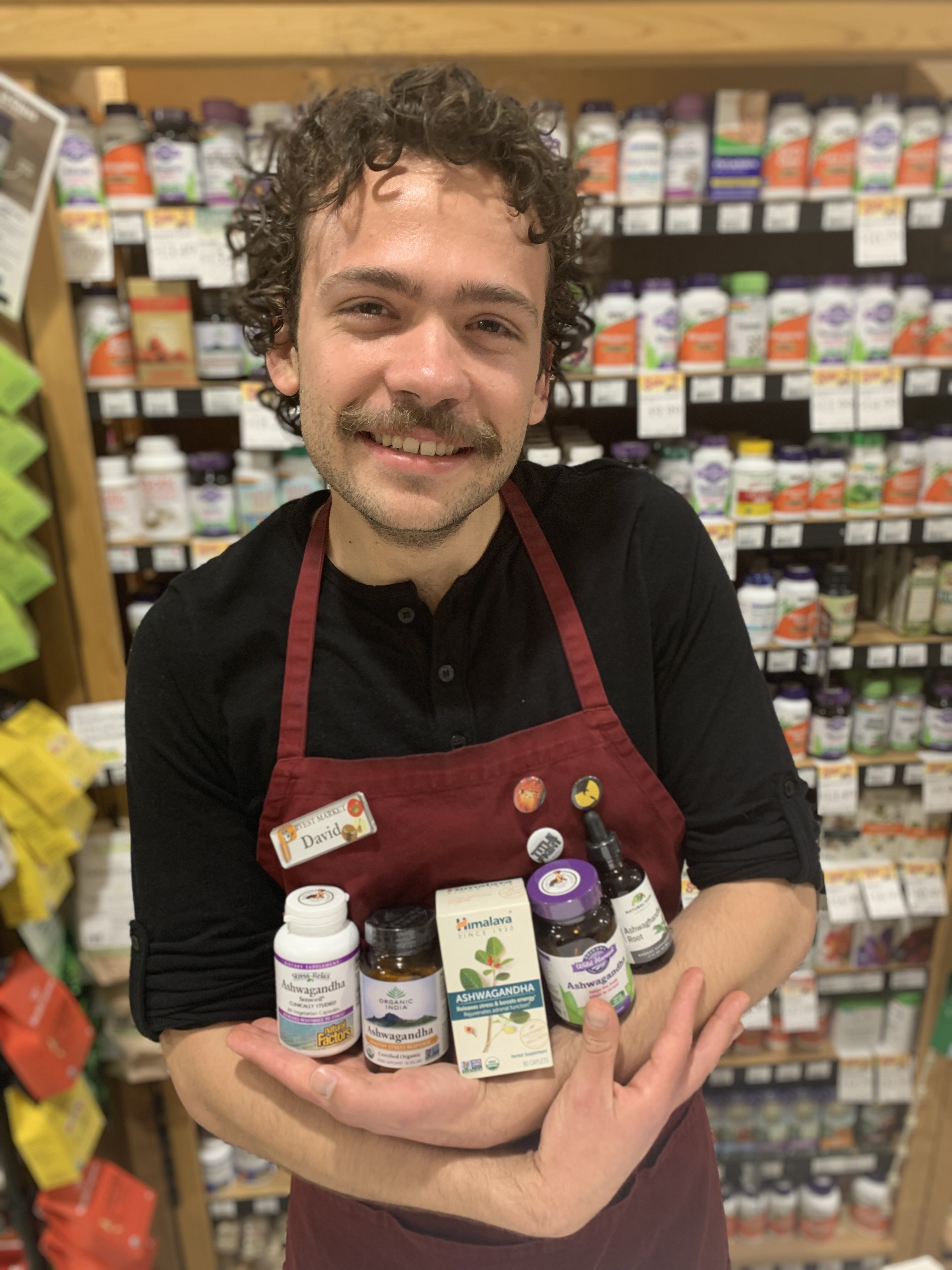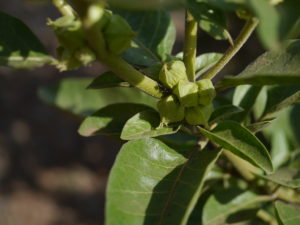
Adaptogens have been used for centuries within Ayurvedic and traditional Chinese medicine, but recently have become more popular within the mainstream scope of healing. An adaptogen is a plant or an herb that helps the body adapt to stress and has the unique ability to restore balance. Each adaptogen does a different thing, but they all revolve around aiding the allostasis, (the process by which the body responds to stressors to regain homeostasis). There are many adaptogens, but one of the most popular adaptogens in mainstream holistic medicine is Ashwagandha.
With a history of usage dating back thousands of years, Ashwagandha is popular for a good reason. The Ayurvedic remedy gets its name from the Sanskrit word “ashva,” which means horse, and “gandha,” which translates as smell (1). This is because Ashwagandha has a horse-like smell, but this also highlights the plant’s benefits, like giving men the “virility of a stallion.”
You can take Ashwagandha for several reasons. Like most other adaptogens, Ashwagandha can help the body’s ability to adapt to stress, (including regulating cortisol levels), but it can also be used to facilitate cognition, increase energy, enhance athletic performance, (including increasing muscle strength while decreasing the biological markers of muscle injury), and enhance thyroid function. These benefits align with its ability to raise sperm count and stimulate the male libido. This is where the “stallion-like” behavior comes from that Ashwagandha is known to enhance (2) (3). Women who take it have reported boosts in energy, reduced hair loss, improved mood, less anxiety, improved relaxation, and increased sexual vitality. Interesting aside -Studies have also indicated Ashwagandha’s role in protecting the telomeres, the tail ends of our chromosomes. By doing so, our chromosomes can replicate more times. And more replications are strongly associated with longer life spans.
 What’s cool about adaptogens is that they adapt to what your body needs. If they’re aiding the allostasis with your everyday stressors, then it only makes sense that they would adapt to what you need. Otherwise, the adaptogen would give the body more stress. (And it is all about adapting to stress, not causing more of it.) So, Ashwagandha can be mildly sedating, or it can be energizing. It all depends on what your body needs and what stressors you have.
What’s cool about adaptogens is that they adapt to what your body needs. If they’re aiding the allostasis with your everyday stressors, then it only makes sense that they would adapt to what you need. Otherwise, the adaptogen would give the body more stress. (And it is all about adapting to stress, not causing more of it.) So, Ashwagandha can be mildly sedating, or it can be energizing. It all depends on what your body needs and what stressors you have.
Now that we’ve learned about Ashwagandha and we’re super excited to try it, we need to decide out how much to take and in what form. There are a few options, and everyone has a preference when it comes to taking supplements. Ashwagandha comes in capsules, tablets, tinctures, and powder, all of which are helpful for different reasons. Capsules and tablets are the most convenient and accessible; tinctures can be the most bioavailable and fast-acting; and powder is the most versatile because you can add it to your food, smoothies, or drinks. Keep in mind, however, that Ashwagandha is, at best, an “acquired taste,” and may not be suitable for all palettes. The taste has been described as “bitter, astringent, and earthy.”
A good dose to start with is around 600mg-800mg. The clinical trials on Ashwagandha used a wide range of dosages, anywhere from 500mg to 5000mg per day. The rule of thumb with supplements is to start small and work your way up because you want to find the lowest dose needed for efficacy. Remember, because Ashwagandha is an adaptogen, you need to give your body time to adapt. I recommend you take it for about a month to feel for yourself whether or not it makes a difference. Most of the Ashwagandha supplements we sell will give you at least a month supply. If you’re interested, we have a wide selection of Ashwagandha supplements in our Wellness Aisle from which to choose to help you find the one that fits your needs best. And as always, please feel free to ask any staff member if you have any questions.
-Written by David String, Front End/Customer Service Staff Member
With Contributions from Henry Long, Wellness Manager
References:
- https://medlineplus.gov/druginfo/natural/953.html
- Herbal Therapeuticsby David Winston, RH (AHG)
- https://www.ncbi.nlm.nih.gov/pmc/articles/PMC3252722/
NOTE: These statements have not been evaluated by the Food and Drug Administration, and is not intended to diagnose, treat, cure, or prevent any disease. Individual results may vary.
